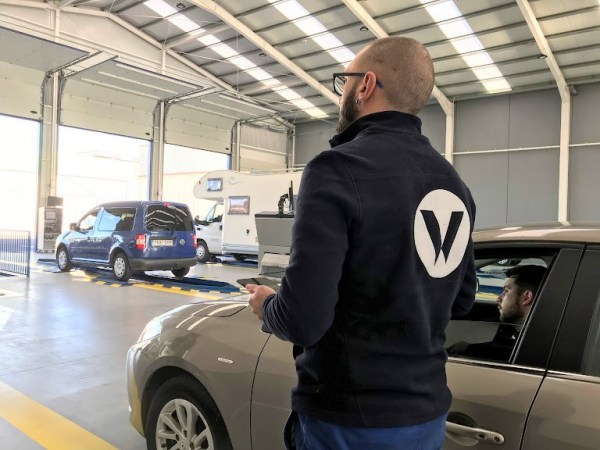Although there are some who say otherwise, the ITV is a very important procedure for our vehicle to comply with the technical and environmental requirements in order to continue driving safely. It is a procedure that all drivers must go through with our vehicles from time to time: normally, the first ITV test on a new vehicle is required 4 years after its registration; thereafter, every two years, and it becomes an annual requirement when it has reached the decade of life.
In these mandatory inspections, different elements are checked to guarantee the integrity of the vehicle. If you do not pass the exam, you will receive a “desfavorable” or “negativa” result, which will mean having to pass the ITV again with certain conditions. What’s more: one of the most serious problems facing the Spanish car fleet, apart from its high average age, is the absenteeism of thousands of drivers from the ITV. Perhaps due to ignorance, laziness, for economic reasons or simply because they don’t want to.
There are also a number of drivers who spread “rumours” about the ITV inspections, which are nothing more or less than myths, which the AECA-ITV, the Spanish Association of Collaborating Entities of the Administration in the Technical Inspection of Vehicles, are happy to explain.
“The ITV does not guarantee the safety conditions of the vehicles”: obviously, it is quite the opposite, since the inspections precisely control that the technical, mechanical and environmental requirements are met to continue circulating.
“Inspectors do not have adequate training”: AECA-ITV highlights the requirements that all ITV employees must meet, starting with the technical director with the title of “Technical Engineer” that is required at all stations. In addition, inspectors must have the title of “Higher Automotive Technician” or equivalent.
“Inspectors have to comply with a percentage of rejections”: another false myth that is disproved regarding ITV inspectors, who must always be subject to the criteria of “objectivity and impartiality”; In addition, AECTA-ITV recalls that the centres must also undergo inspections by the public administrations.
“The ITV does not help to protect the environment”: the new emission tests, as well as the control of noise levels, refute this false myth.
“Only the owner of the vehicle can pass the ITV”: a friend or relative, as long as they have a driving licence, can pass the inspection of your car without problem, bringing (as always) the required documentation: that is, the vehicle’s circulation permit and the technical data sheet.
“If you fail the ITV, you can continue driving until the second inspection”: a resounding NO. If you have received a “desfavorable” result, you can only drive to the workshop for the corresponding repairs and to return to the ITV centre, all within a maximum period of 2 months. If you have received a “negative” result, then it will be a tow truck that will have to take the vehicle to the workshop, with the same term mentioned above and without the possibility of being able to drive the vehicle due to the detected failures.
“If I have the car parked without moving it, I don’t need to pass the ITV”: having the car stopped does not exempt you from the responsibility of having to pass the ITV (or having insurance). The only way to “free yourself” in this sense is to have the vehicle deregistered and be withdrawn from public roads.
“It is not necessary to be insured when passing the ITV”: another resounding NO. ITV and insurance must always go hand in hand. In fact, if at the station where you are going to carry out the inspection they verify that you do not have the insurance in order, or you will not be able to pass the ITV.





